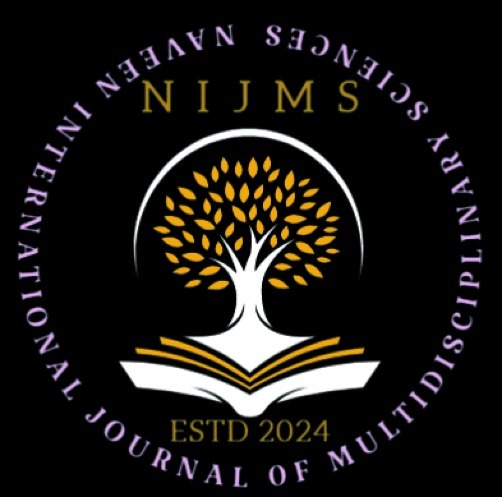A Study on Interest in Co-Curricular Activities, Social Maturity, and School Adjustment to the Academic Achievement of Secondary School Students
DOI:
https://doi.org/10.71126/nijms.v1i3.17Keywords:
Co-Curricular Activities, Social Maturity, School Adjustment, Academic Achievement, Secondary School StudentsAbstract
This study examines how social maturity, school adjustment, and interest in Co-Curricular activities relate to one another and how they affect secondary school students' academic achievement in the Vijayapur district. Data were gathered from 646 students chosen by stratified random sampling using a descriptive survey methodology. These students represented a variety of demographics, including urban and rural areas, government and private schools, and Kannada and English-medium schools. The factors were measured using standardised instruments, including the School Adjustment Scale, the Social Maturity Scale, and the Interest in Co-Curricular Activities Scale. The results show notable variations among demographic groups. While the differences in school adjustment were not statistically significant, urban children showed greater interest in Co-Curricular activities and social maturity than their rural counterparts. Students attending private schools performed better in each of the three characteristics in contrast to pupils at government schools. In a similar vein, Students who were taught in English outperformed Kannada students in every category. Significant interaction effects between these characteristics and academic achievement were revealed by statistical analysis, which included independent t-tests. Notably, students who attended private schools and learned English demonstrated better academic achievement, which was associated with increased social maturity, engagement in Co-Curricular activities, and school adaptability. These findings highlight how crucial it is to promote social growth, co-curricular involvement, and successful school adaption techniques to improve academic results. In order to create focused interventions that support holistic development and fair educational opportunities across a range of demographic circumstances, educators and policymakers should take note of the study's important implications.
Downloads
Published
Issue
Section
License
Copyright (c) 2025 Naveen International Journal of Multidisciplinary Sciences (NIJMS)

This work is licensed under a Creative Commons Attribution-NonCommercial 4.0 International License.













